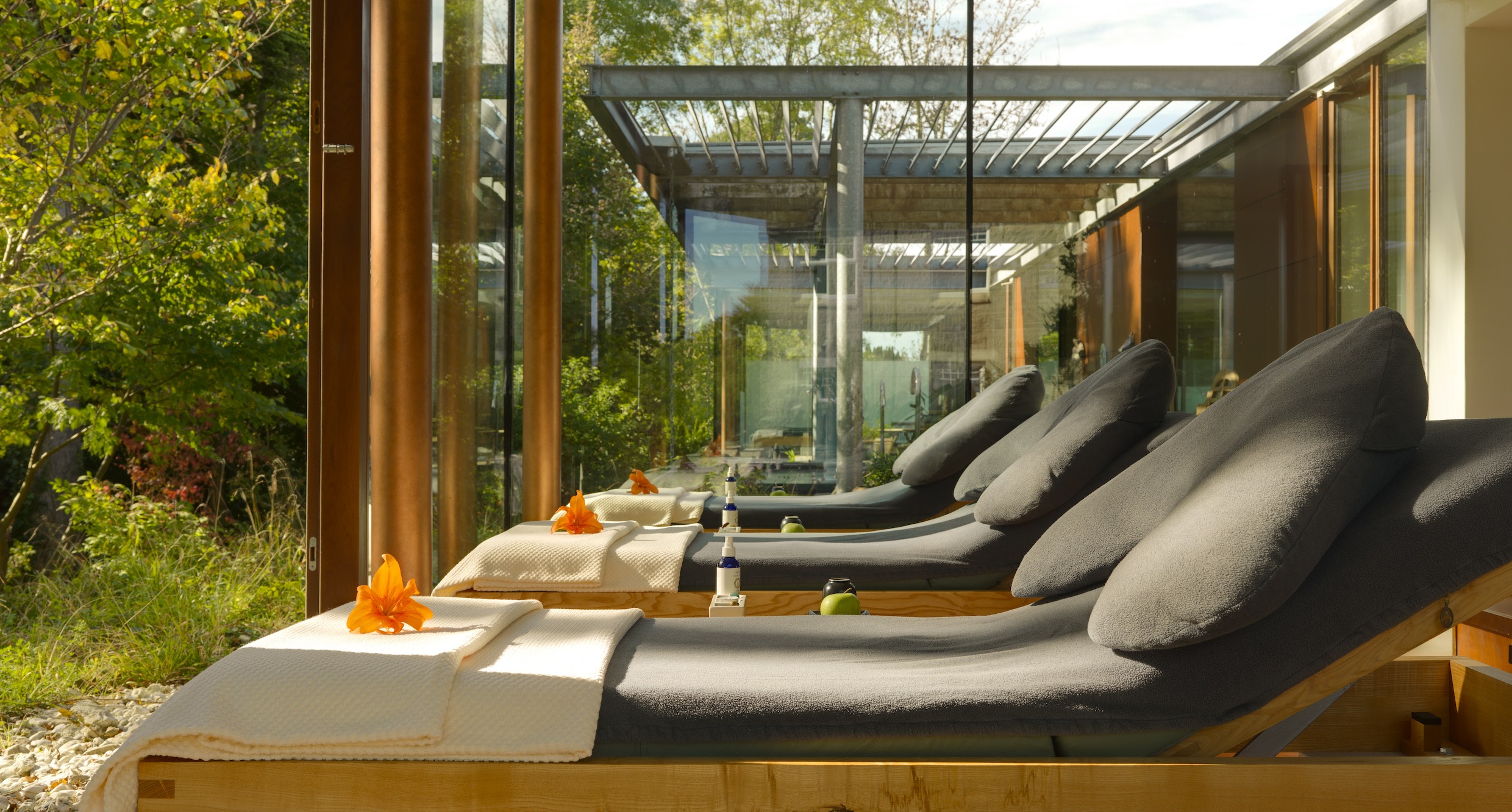Not much changes at the 123-year-old Park Hotel in Kenmare. That’s part of its charm. So the challenge for owners John and Francis Brennan is to make social distancing procedures as invisible as possible. This means a new doorman (so guests don’t touch the front door), personalised menus (so guests don’t have to share), and a behind-the-scenes alarm clock that goes off every 15 minutes to remind staff to wash their hands. “We have to disguise all the protocols that we have to put in place,” says John Brennan. John and Francis Brennan will be ready to welcome guests once…
Cancel at any time. Are you already a member? Log in here.
Want to continue reading?
Introductory offer: Sign up today and pay €200 for an annual membership, a saving of €50.

